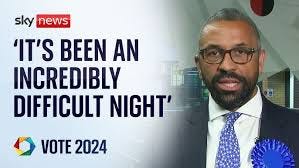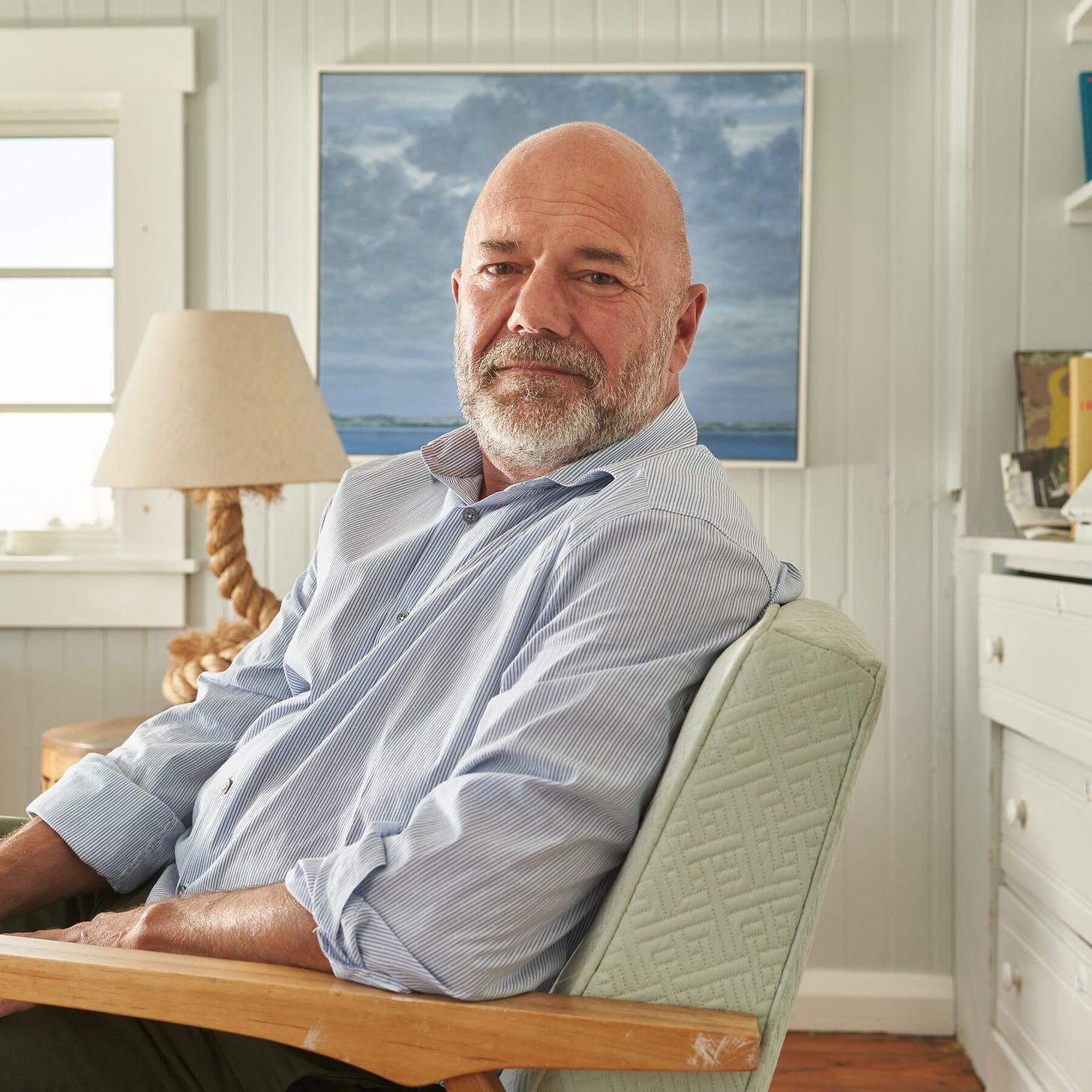Boris Johnson’s book arrived the day after James Cleverly’s chances of being his successor but three departed. It is, as you might expect, the most extended hastily written Daily Telegraph column ever published. His biggest mistakes (as for most modern politicians writing memoirs) turn out to have been listening to other people rather than following his own instincts and trusting Michael Gove.
History is shaped always to his own rhetorical benefit (as in “we had a mandate for a full Brexit”, when in fact the sole mandate from the referendum was to leave the EU) his account of his loss of power in the summer of 2022 is preposterous and his inability to understand his own policies (he seems to believe that the Rwanda scheme was to “process” asylum seekers in Kigali) is only too predictable.
Once he had had gone, however, the Conservative party ceased even to have a personality, let alone a mission other than to attempt to avoid catastrophic defeat. It tried Truss, it settled on Sunak and was obliterated. And now is in the final stages of electing a new leader whose main job, surely, is to take some time to define what conservatism is for the late 2020s: to restore some coherence and purpose to centre-right politics in Britain.
There was a brief, surprising moment when it seemed that the party might be about to elect a leader remotely capable of fulfilling this role. Then a handful of MPs – as few as four or five – snatched that possibility away. I’ll take a quick look at the Jenrick-Badenoch contest later but if either of them becomes prime minister I would be very surprised.
Trumpism without Trump?
But a “crisis of conservatism” is not limited to Britain. The central dilemma – whether conservatives should compete on the ground chosen by further-right populists and authoritarians or should stake out their own ground in the centre – seems to be an acute one.
So I was struck the other week by a post from the influential Anglo-American conservative blogger, Andrew Sullivan entitled “Why Vance matters”. There are many things I like about Sullivan and a few that I don’t, but I’ve always found him worth reading, and this argument was no exception.
Like other conservative intellectuals Sullivan has conceived a rather baffling contempt for Kamala Harris, exacerbated perhaps by her attempts to court the Democratic party Left in her campaign for presidential nomination in 2019. He associates her with an opportunistic wokeness and seems to believe that she has no useful values and is deficient in intellect. Neither of those things is true and for someone as forgiving as Sullivan (he is a close friend of my former colleague Johan Hari, never misses an opportunity to promote Hari’s books while apparently taking no interest at all in what prompted their author to flee these shores), this hostility seems extreme.
Even so Sullivan will “reluctantly” vote for Harris which, given that he doesn’t live in a swing state, means in consequential terms urging any of his many readers who might abide in Pennsylvania or Georgia to also reluctantly vote for her. If J.D. Vance had been the Republican nominee however, Sullivan has previously explained, then it would be a very different matter. “No contest” in fact. But, alas, it’s Trump.
Sullivan is no Boris Johnson, whose apologetics for Trump in his book are embarrassing to those of us who once imagined that there was some bottom to the former prime minister. The argument that Vladimir Putin wouldn’t have invaded Ukraine had Trump been in office, and the consequent implication that were Trump returned to office Russia would withdraw, belongs firmly to that category of magical thinking that Johnson himself castigates in his memoir. Except it’s several times more fanciful.





